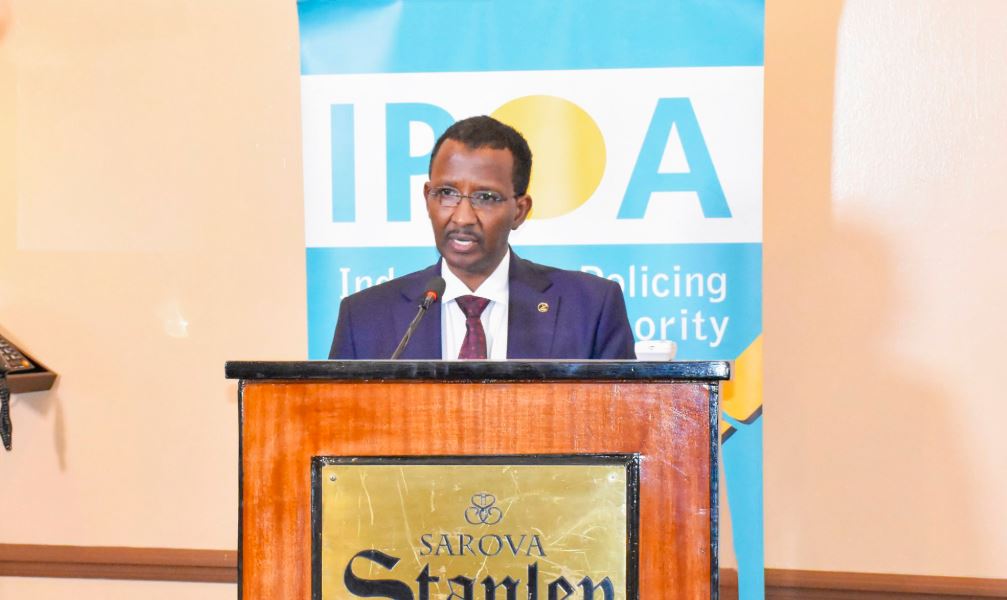The Independent Policing Oversight Authority (IPOA) has raised concerns over inadequate funding, warning that it is crippling its capacity to investigate cases of police misconduct including the recent high-profile killing of teacher Albert Ojwang’.
IPOA Chairperson Isaak Hassan disclosed that despite owning modern forensic tools like Cellebrite equipment, the authority had to seek external technical help to retrieve and analyse critical CCTV footage from Nairobi’s Central Police Station. The Cellebrite system, which could have assisted, remains unusable due to an expired licence a direct result of budget constraints.
“To contextualise, IPOA had to request external technical support in the retrieval and analysis of the DVR footage… yet it owns modern Cellebrite equipment that can do this,” said Hassan.
He appealed to the government for an increase in IPOA’s operational budget, highlighting the need for upgraded equipment, enhanced public awareness efforts, and bolstered technical capacity.
IPOA is currently investigating several incidents, including the fatal shooting of Ojwang’ and injuries sustained during recent protests demanding justice for his death. Hassan reported that at least 13 serious injuries were documented during the demonstrations, including the point-blank shooting of protester Boniface Mwangi Kariuki, who is now in stable condition after surgery at Kenyatta National Hospital.
Hassan emphasised that the use of force by police — especially when it results in death or serious injury — must be reported to IPOA, as required by the Sixth Schedule of the National Police Service Act. “This requirement has not been followed,” he lamented, urging the Inspector General to ensure compliance to restore public trust.
In response to Kariuki’s shooting, police constables Klinzy Barasa Masinde and Duncan Kiprono were arrested and interdicted. The DCI Homicide Unit is investigating the case.
Meanwhile, the Kenya National Commission on Human Rights (KNCHR) documented 22 protest-related injuries across Nairobi, Mombasa, Kilifi, and Kwale counties. Victims sustained gunshot wounds, head injuries, and teargas-induced asthma attacks. KNCHR condemned the violent crackdown and accused police of deploying masked goons to infiltrate the protests.
Police spokesman Michael Muchiri expressed regret over the shootings, assuring that justice will be pursued.

